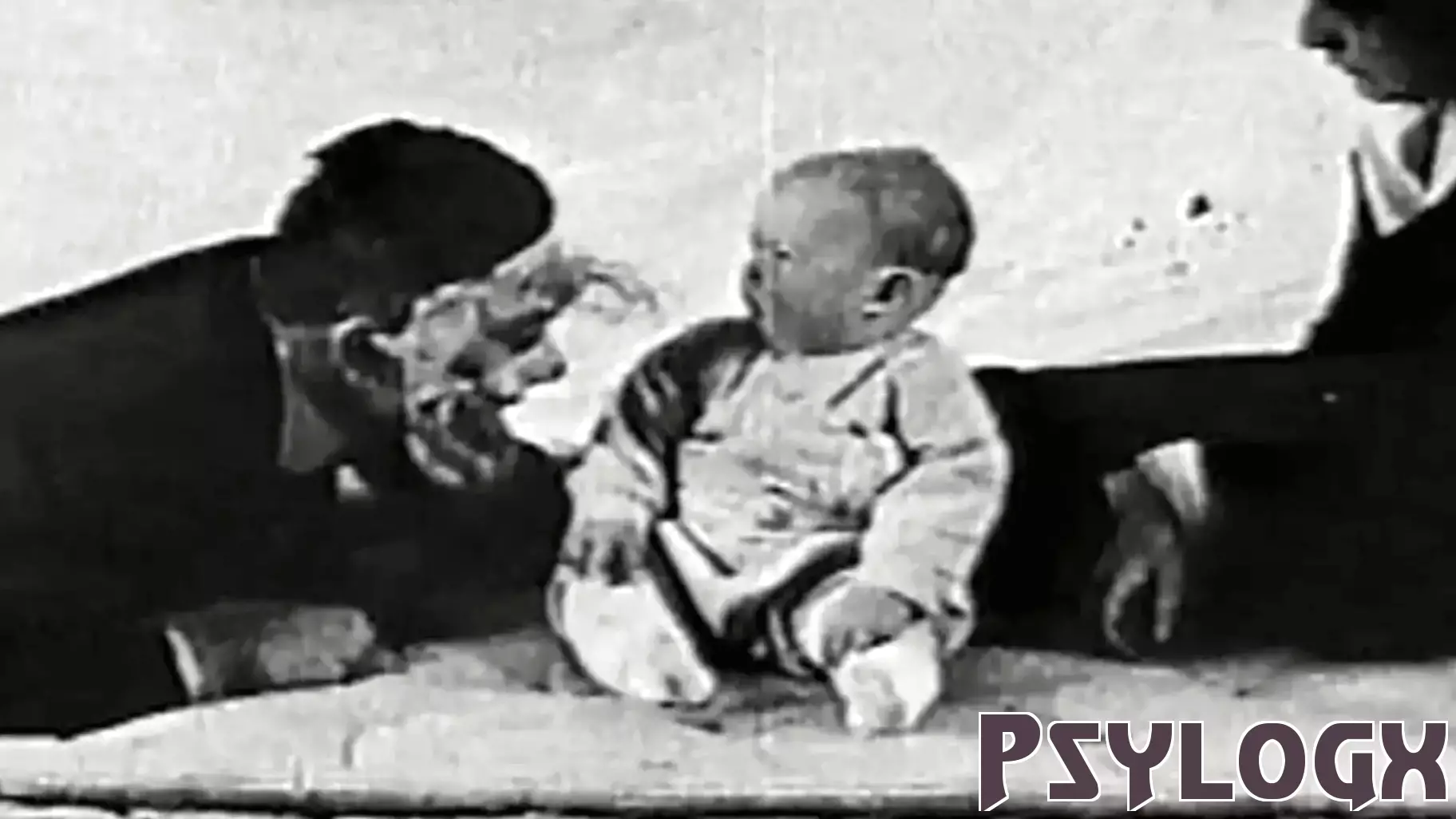February 21, 2025 - 18:45

Here is why the infamous ‘Little Albert experiment’ testing classical conditioning on an infant child wouldn't be allowed to happen today. Conducted in the early 20th century, this controversial study aimed to demonstrate that emotional responses could be conditioned in humans. In this case, a nine-month-old baby named Albert was exposed to various stimuli, including a white rat, while simultaneously being subjected to loud, frightening noises. This led to the child developing a fear of the rat, showcasing the principles of classical conditioning.
Today, the ethical standards governing psychological research have evolved significantly. Modern guidelines prioritize the welfare of participants, particularly vulnerable populations such as children. Informed consent, the right to withdraw, and minimizing harm are fundamental principles that researchers must adhere to. The Little Albert experiment, which lacked these safeguards, would be deemed unethical by contemporary standards. This shift reflects a broader commitment to protecting the rights and dignity of individuals involved in psychological studies, ensuring that such experiments are conducted with respect and care.



